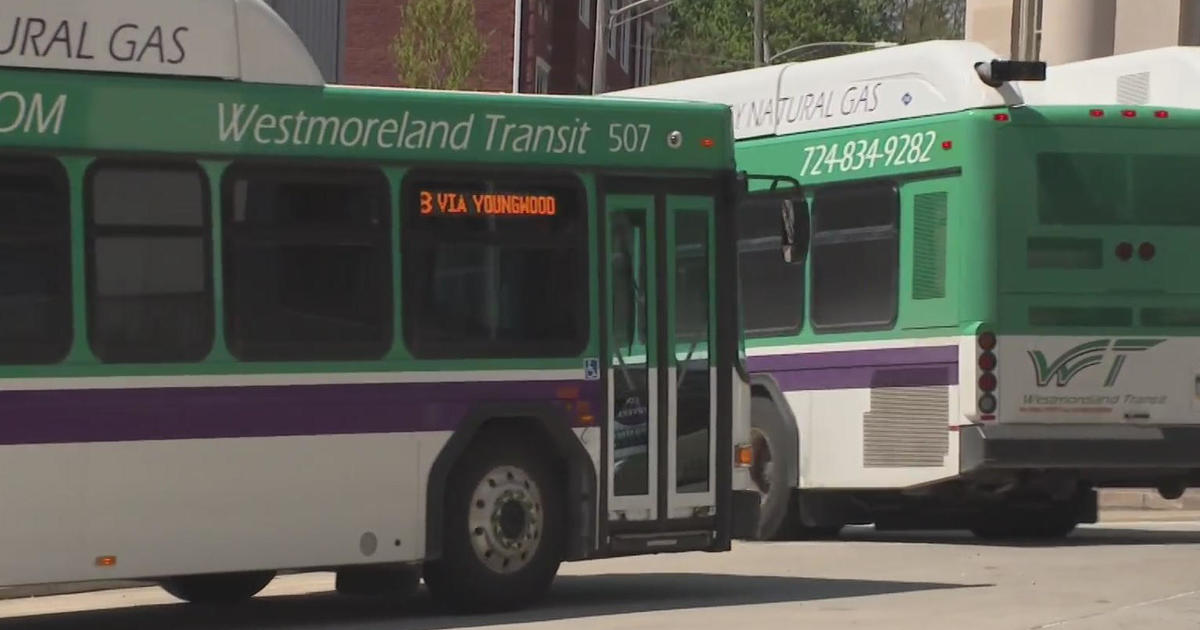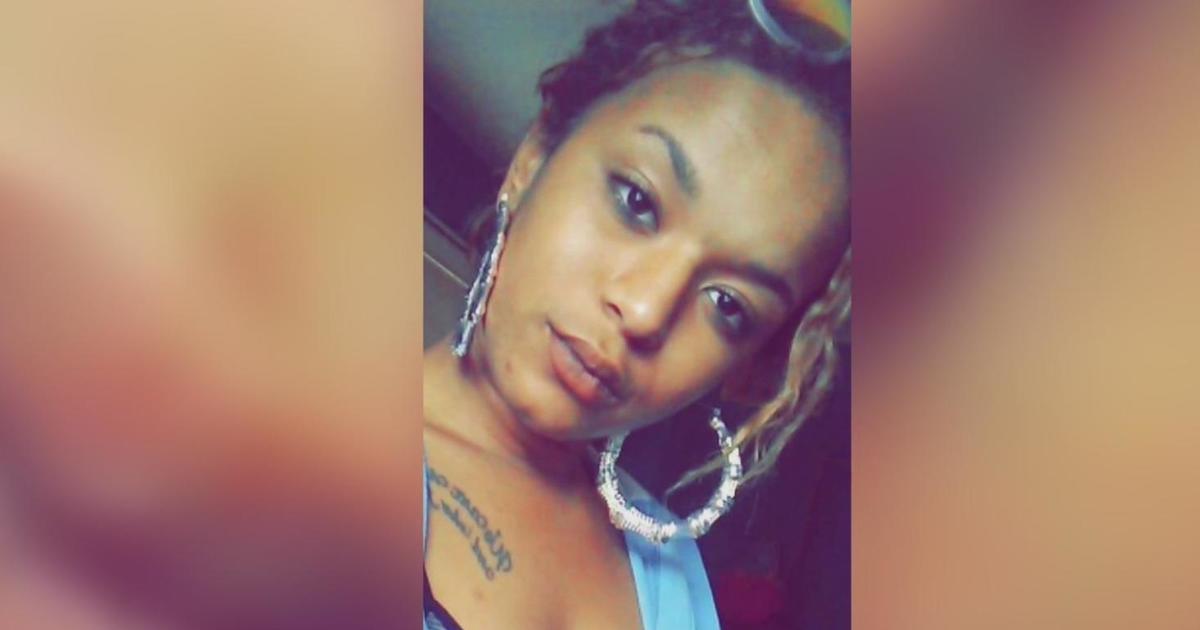'We're Losing Facilities Like Dominoes': State Senator Says New Bill Could Make Difference In Dire Ventilator Shortage
PITTSBURGH (KDKA) -- A funding crisis sweeping across the state will soon reach the Pittsburgh area and impact the facilities that care for ventilator-dependent patients.
At this moment, roughly 700 people across the state rely on a ventilator to breathe. There's only 24 facilities that care for these vulnerable patients, forcing many patients to move hundreds of miles away from home to receive care. A severe lack of funding is leaving facilities with no choice but to close their doors, leaving vent patients with no option but to move for continued care.
KDKA's Meghan Schiller investigates why the money is drying up, and the new well some are trying to tap.
With ventilator tubing hugging her throat and a canister of oxygen by her side, patient Lori Plazek spends her days in a "vent bed."
"It's different and it's hard to get used to," said Plazek.
Her ventilator breathes for her 24 hours a day. Her life took a tragic turn 19 years ago.
"I swerved to miss a deer and hit a tree," said Plazek.
Now paralyzed from the chest down, she receives around-the-clock care at Transitions Healthcare in Washington, Pennsylvania.
"There's different aides here during different shifts that come in and help and there's other people that come in and help," said Plazek.
She's unbelievably upbeat, but when asked what upsets her the most: Plazek says her family lives two hours away.
"Yeah, they can only come once a week to visit me," said Plazek.
There are facilities near her home, but she can't secure a bed.
"There's a couple, but they're full," she said.
Plazek can't spend her day surrounded by her children because the number of open facilities keeps shrinking and the waitlists to get into the limited number of facilities keeps growing.
Of the 627 nursing homes across the state of Pennsylvania, only 24 provide ventilator care. One facility near Philadelphia just closed a 30-bed ventilator unit and another shut down its 23-bed unit this past fall. Another facility issued a "self-imposed quota," to cut costs, dropping the available bed count from 75 down to 50. The umbrella company that manages four more vent-facilities just filed for Chapter 11 bankruptcy, unable to pay the bills for one reason.
"The average reimbursement right now is about $259 per day and the average ventilator cost is $700," said Jennifer Watson, administrator at Transitions Healthcare.
Watson said that means for every one vent patient, there's a gap of $441 in coverage. If you multiply that by all 16 patients at Transitions Healthcare, the facility needs to absorb a loss of $7,056 per day. For the year, they're in the red more than $2.5 million.
"This is where the senator's bill is so important," said Watson. "We need a supplement to help us afford the cost of care and everyday suppliers are increasing our costs of care and the CHC program hasn't made adjustments for that."
Watson said the daily cost for the care of a vent patient is almost three times the amount of the negotiated Medicare subsidy. So where does the needed money come from? She's relying on State Sen. Camera Bartolotta to help.
"I just hope that people understand that this is an issue in their own neighborhood," Sen. Bartolotta, a Republican representing the 46th District. "And we're losing facilities like dominoes and this bill can stop that domino effect."
Sen. Bartolotta co-sponsored Senate Bill 959. It would send an extra $130 a day per patient to each of the facilities still hanging on.
"These institutions for three years have been waiting to have their Medicare reimbursement increased. They're not asking for the sun, the stars and the moon. They're asking for a small increase to keep the doors open," she said.
The bill, she said, is bi-partisan and would appear as a line item on the state's new budget. She hopes to soon move it out of committee and onto the Senate floor. Watson reminds her time is running out. The first wave of closures hit Philadelphia this past fall and Pittsburgh will be next.
"I think people don't think about this issue because they never suspect it would happen to them," said Watson. "But every single person is one diagnosis, one slip on the ice, or one car accident away from being one of our patients."
And for the patients tethered to the ventilator, Plazek said it's not fair.
"If they're not getting help, they're going to die," said Plazek. "Or they have to find some place far away that their family can't come to be with them.



